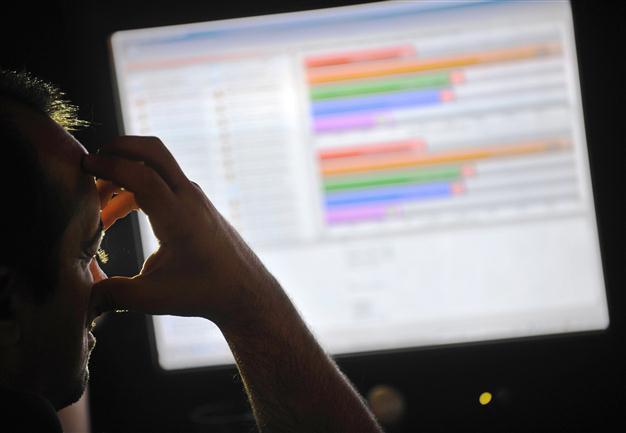Davos call for global action against cybercrime
Agence France-Presse

AFP photo
International action to snuff out
cybercrime is desperately needed, officials and business leaders said here, warning that criminals move at Internet speed while countries drag their feet.
Many hackers are no longer just mischievous individuals.
Instead well-funded organisations do it for profit, along with spies and terrorists, but many governments are struggling to fight it.
"Many countries don't have laws to criminalise
cyber crime, they don't have means and tools to investigate, to share information," said Yury Fedotov, who heads the United Nations office on drugs and crime.
Cybercrime is "interconnected in terms of crime, but not interconnected in collaboration" against it, he added, noting that there is not even an agreement on what constitutes cybercrime.
Fedotov said his greatest wish would be "to get a clear definition of cybercrime -- to be clear about what should be rejected by member states and what should be allowed."
"Criminals move at the speed of Internet and countries move at speed of democracy -- that's the discrepancy," warned Moises Naim, senior associate at the Carnegie Endowment for International Peace.
In one of the major recent attacks in January, a
hacker brought down the websites of
Israel's national carrier El Al and the Tel Aviv Stock Exchange.
It marked the latest incident in a series of attacks only days into 2012, which saw details of tens of thousands of Israeli credit cards posted online and websites defaced by hackers claiming to be from Saudi Arabia or Gaza.
Sami Abu Zuhri, a spokesman for Gaza's Hamas rulers, has hailed the action, describing it as "a sign of the Arab youth's creativity in inventing new forms of Arab and Islamic resistance against the Israeli occupation."
Davos, hacking,
